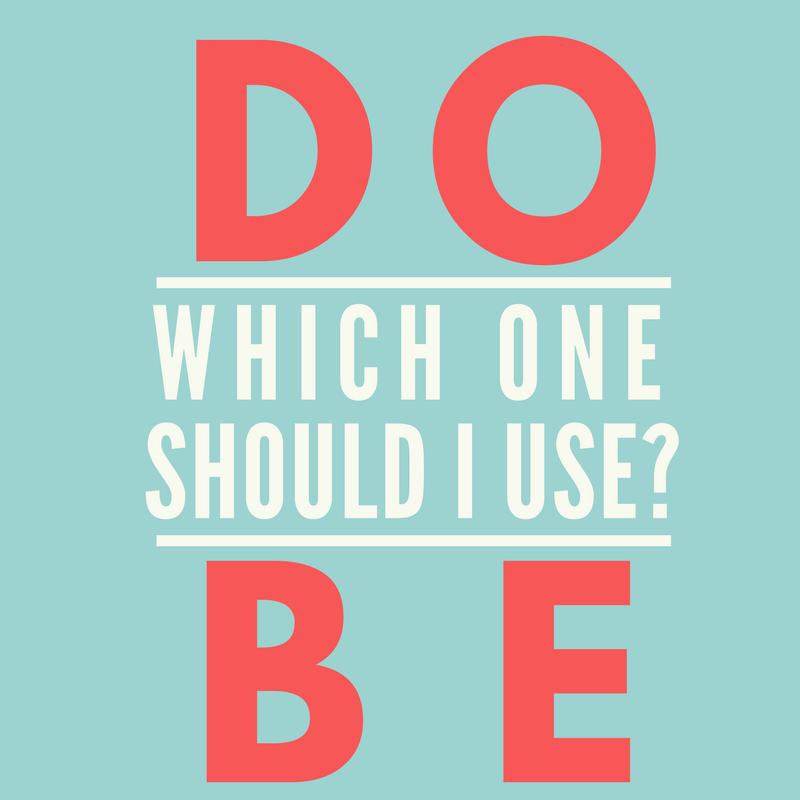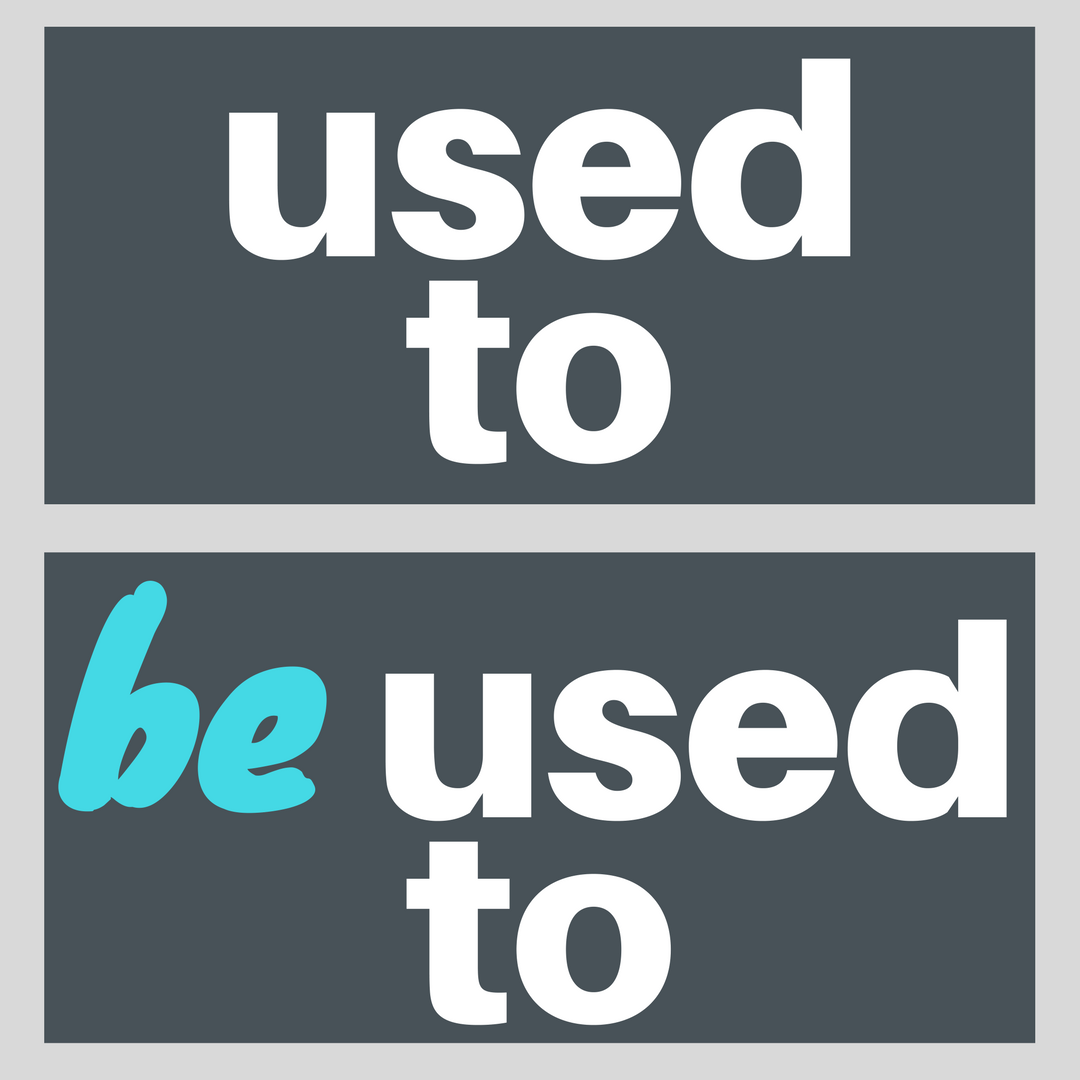
What are Puns? They’re ‘Punny’! Playing with Words
 Devon Balwit
Devon Balwit March 27, 2017
March 27, 2017 How can I improve my English? Learn English SLANG, IDIOMS, & PHRASES!
How can I improve my English? Learn English SLANG, IDIOMS, & PHRASES!
What are ‘puns’? As we teach in our English classes, some words with different meanings can sound similar. This can make us laugh. Sound jokes are called puns. They are fun to create, and when we get (understand) a pun, we feel clever. Sometimes, we also groan when we understand the pun. We call those...Continue Reading...














